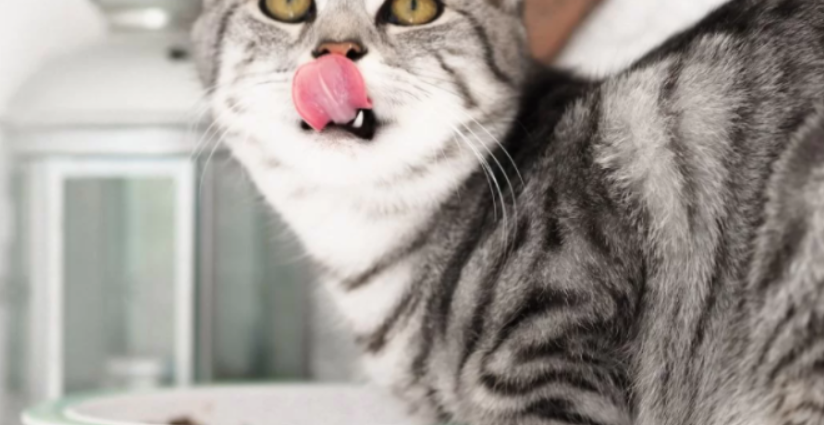Many owners, out of good intentions or pure ignorance, feed their cats foods that are not good for the health of the cat or the cat.
Cats have a strong stomach to cope with some minor accidents (such as eating dog food instead of their own), but some foods can seriously harm their bodies.
To help you create a healthy menu for your cat, in this article we will try to answer the question “What cats eat and are allowed to eat” so that you don’t have any doubts.
Cat food, as it is obvious, is allowed and recommended in the diet of cats, so we will not go into it.
Foods that are recommended for cat nutrition.
Are cats allowed to eat apples?
Yes. Apples are a perfectly safe cat food and contain a lot of calcium, which strengthens bones. Apples are also quite high in vitamins, some minerals and antioxidants.
When you give your cat an apple, remove the seeds. Apple seeds contain traces of chemical cyanide. Cyanide is highly toxic to cats (as it is to humans). Your cat is a fairly small creature, and even a little cyanide can have serious consequences. If you think your cat has eaten apple seeds, call a veterinarian as soon as possible.
It is also important to cut or crush the apples. Remember that a cat’s teeth are not perfect for chewing, so put a little effort into making sure the food you give her can be swallowed safely.
Are cats allowed to eat avocados?
Yes. Cats and avocados are a great combination. This 21st century superfood is high in fats (which is great for your cat) and antioxidants. These antioxidants ensure that your cat gets what it needs for perfect hair.
Avocado is a food that is extremely beneficial for skin and hair health, but again, make sure your cat doesn’t get avocado pits. There can be a major choking hazard.
Can cats eat blueberries?
Yes. Blueberries contain large amounts of vitamins and minerals that are good for your cat’s health. These treats are low in calories but high in fiber and antioxidants. In many packages of cat food, whether in dry or wet form, blueberries, among other things, are present at least in powder form.
If you want to give your cat a little variety in their diet, you can also try frozen blueberries. Cats love new experiences and this can give them a taste and texture they have never tried before.
Are cats allowed to eat broccoli?
Yes. Broccoli is a vegetable that is great for your cat! They are full of vitamins and minerals. There have even been some studies that have shown that the presence of broccoli in the diet has a lower risk of causing cancer in cats.
Broccoli helps your cat’s digestive system because it contains fibrous materials that pass through the intestines. This fiber is not digested, but it contributes to the overall health of your cat’s digestive system. So, we can say that broccoli helps your cat in several ways. If you have doubts, you can feed her broccoli.
Are cats allowed to eat carrots?
Yes. Cats have no problems with carrots. Carrots contain beneficial nutrients that help your cat maintain healthy skin and shiny hair, and contain lots of vitamin A, which is good for your cat’s good eyesight.
Carrots also help to strengthen your cat’s immune system so that it can better resist various attackers. If you are already feeding your cat carrots, remember to cook them and cut them into thin cubes. Fresh carrots can be difficult for your cat to chew and this can lead to digestive problems such as vomiting or constipation.
Are cats allowed to eat catnip?
Yes. Catnip or catnip is a type of plant that gets its name from how incredibly popular it is with the feline species. It acts as a mood enhancer for your kitties, so you can expect extra spinning, snuggling, or playing if your kitty tastes even a little of this plant. Catnip is useful if you notice your cat is slower and less active than usual. Give her some catnip and observe what’s going on.
Eating catnip will calm your cat, but this fragrant plant can also act as a stimulant. So if you don’t want your cat jumping on the walls and ceiling, it’s best to give her a little sniff first to see how she reacts, and only then feed her.
It may be best to limit the amount of catnip available to your cat. If she consumes it too often, she simply won’t feel the effects. The reason for this is that most of the positive effects of catnip on a cat come from the smell of this plant (although consuming it may not be harmful).
Catnip or catnip is usually used as a treat after a normal meal.
